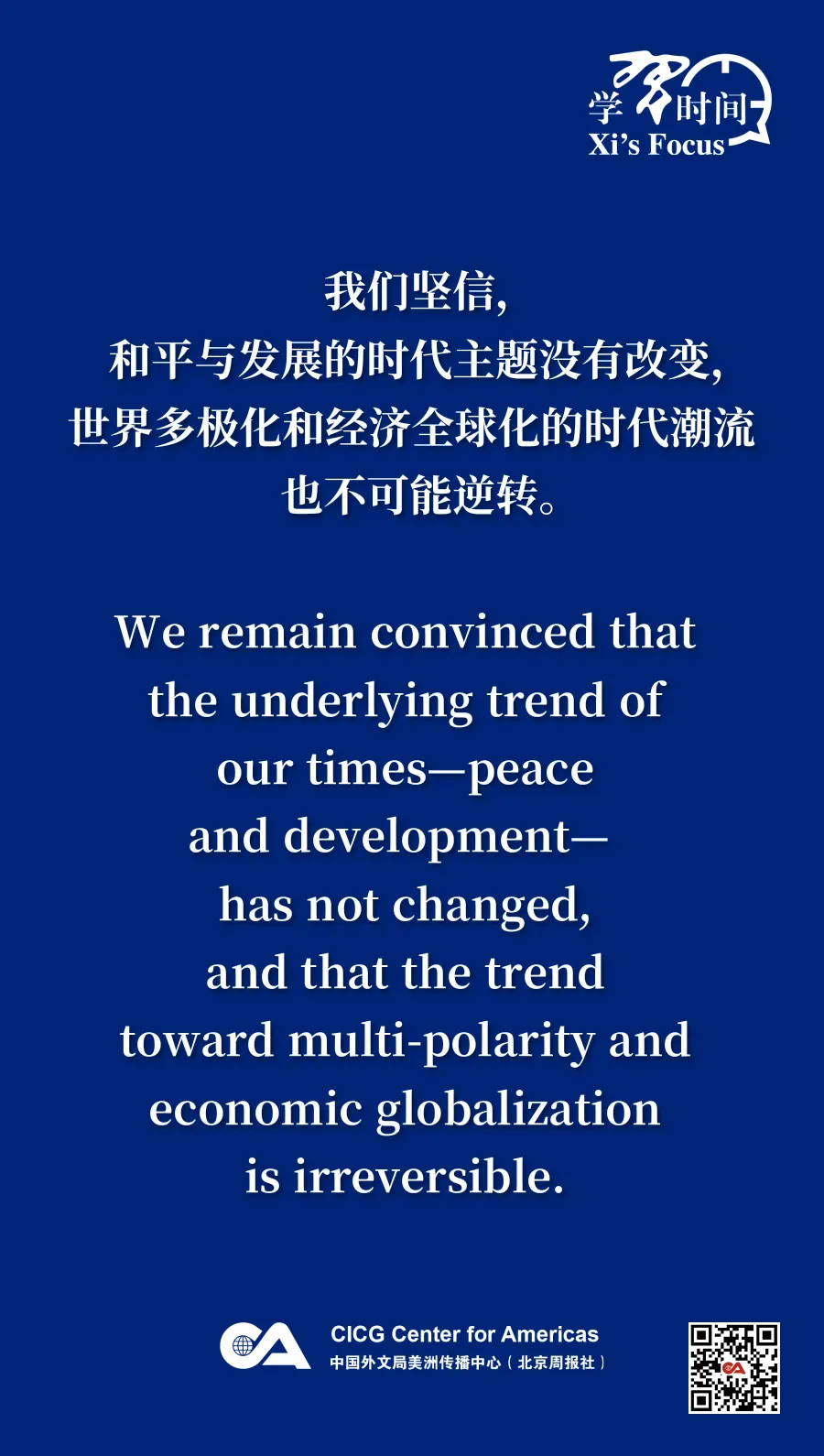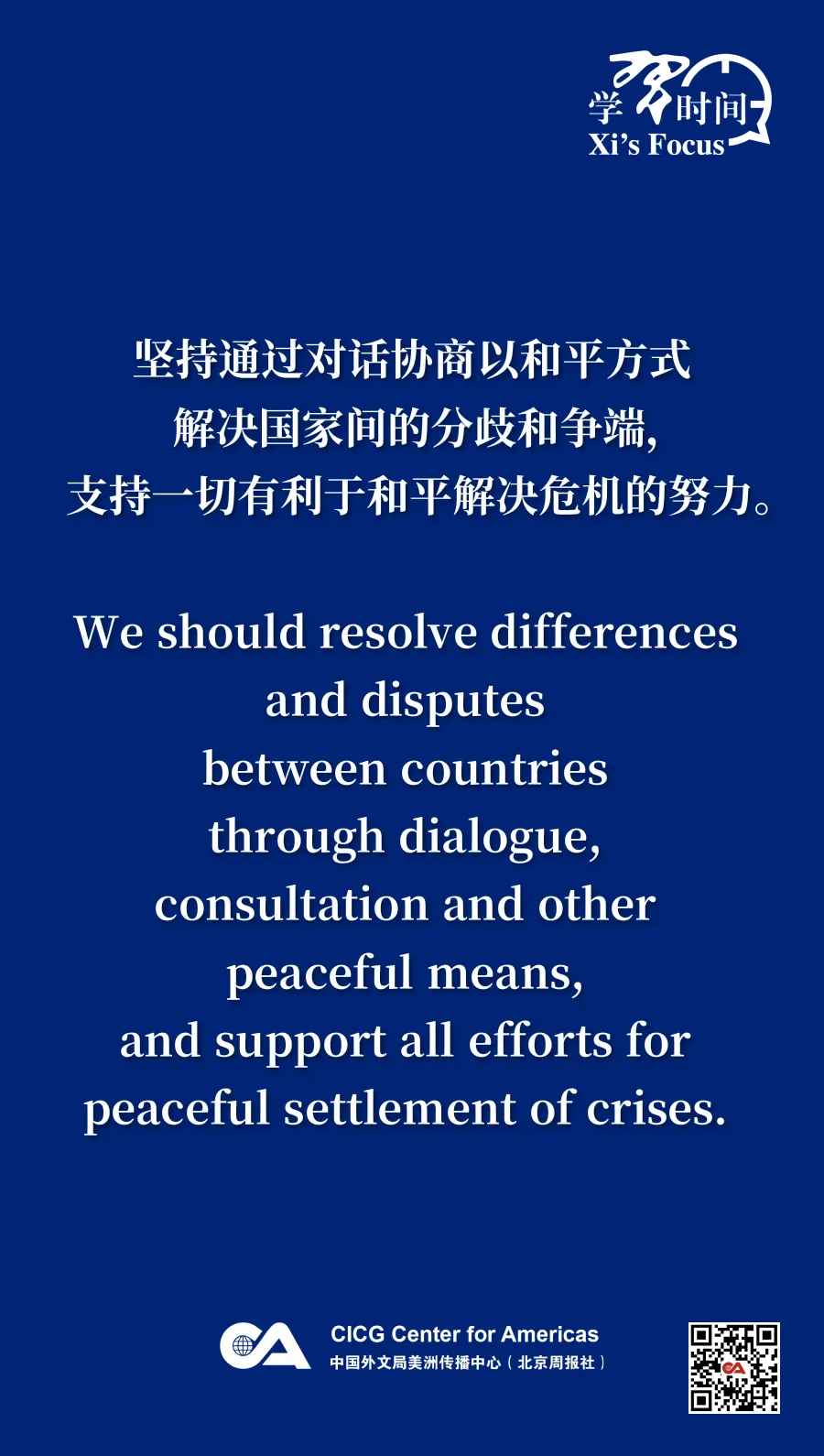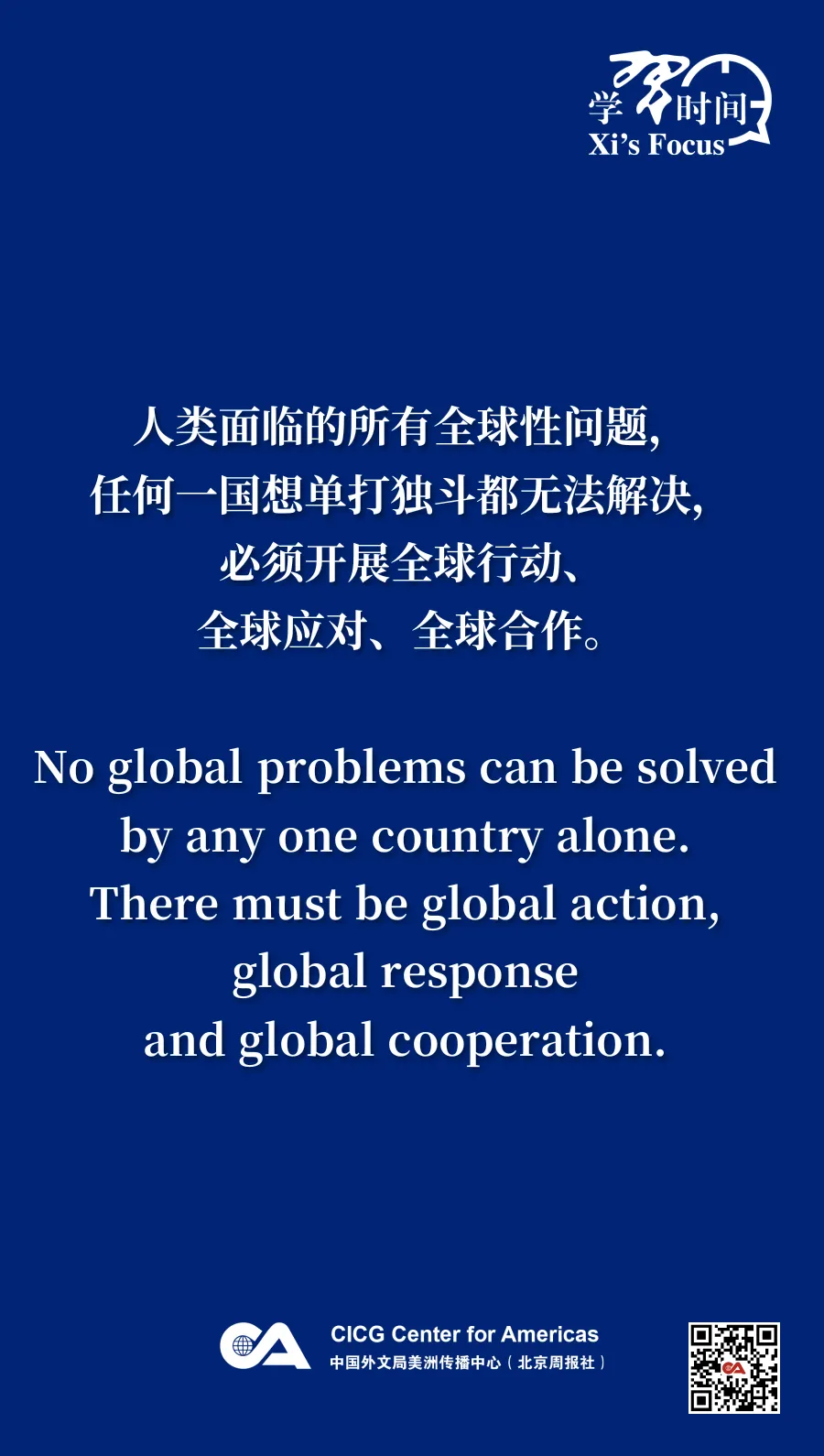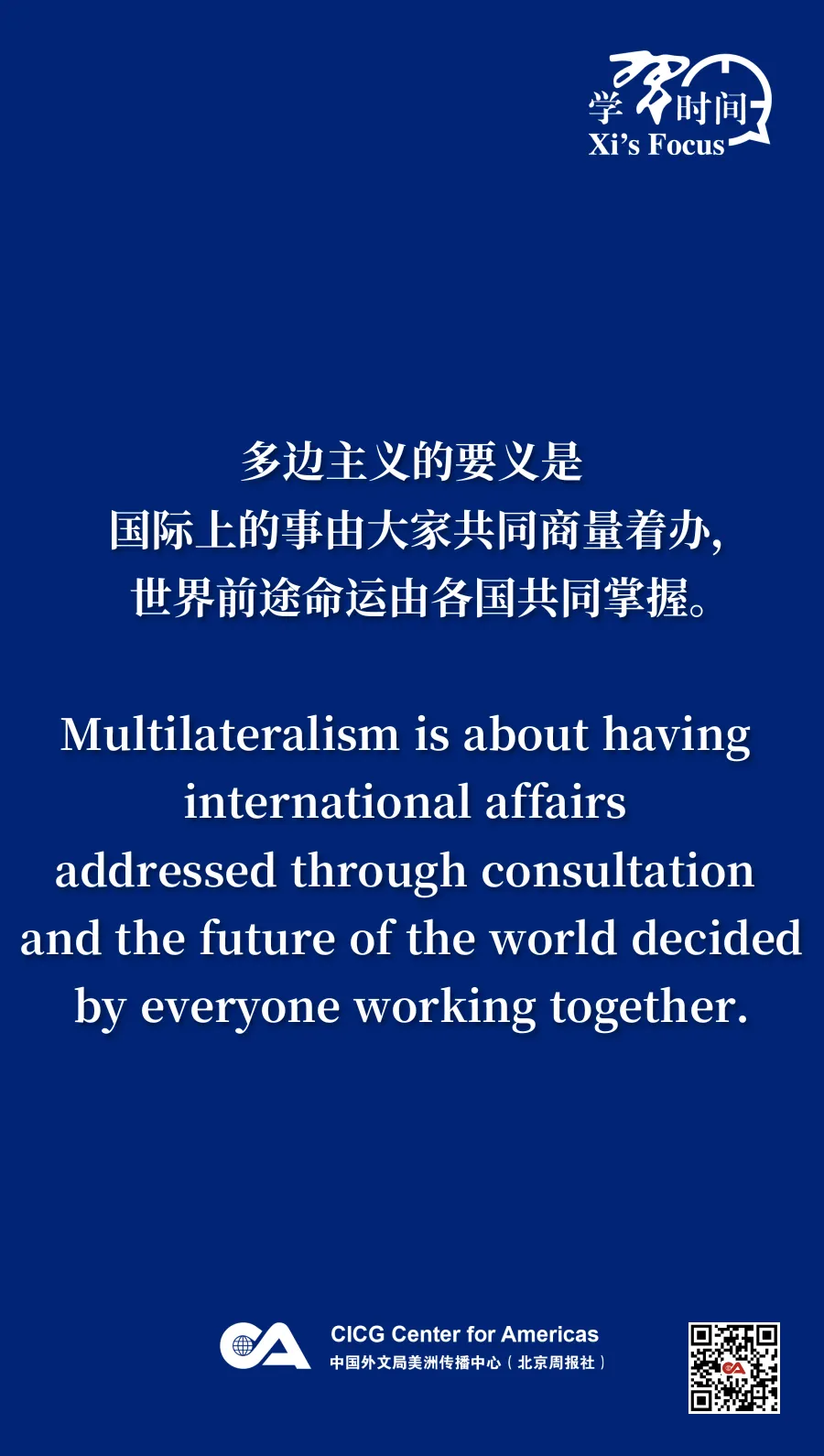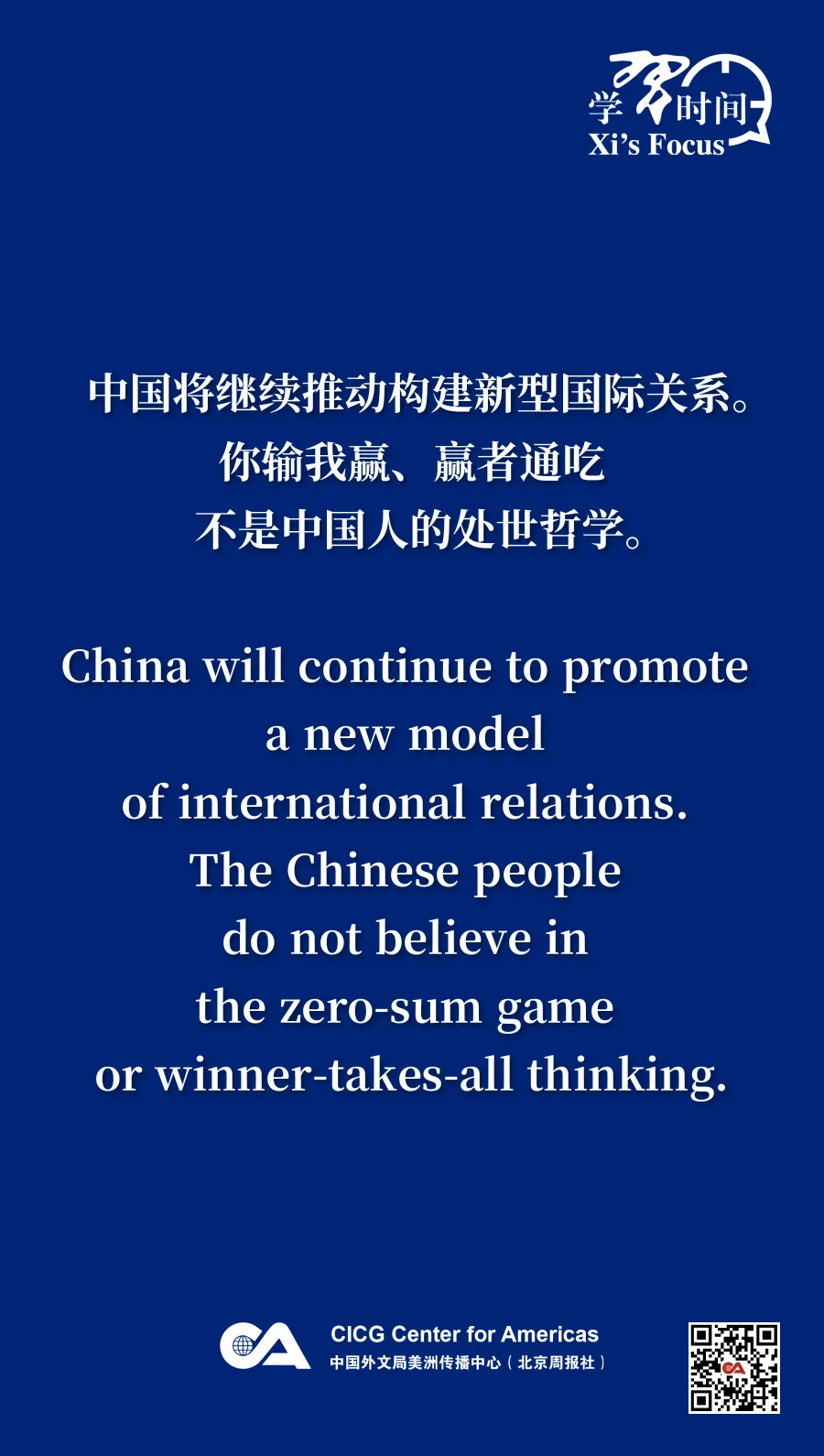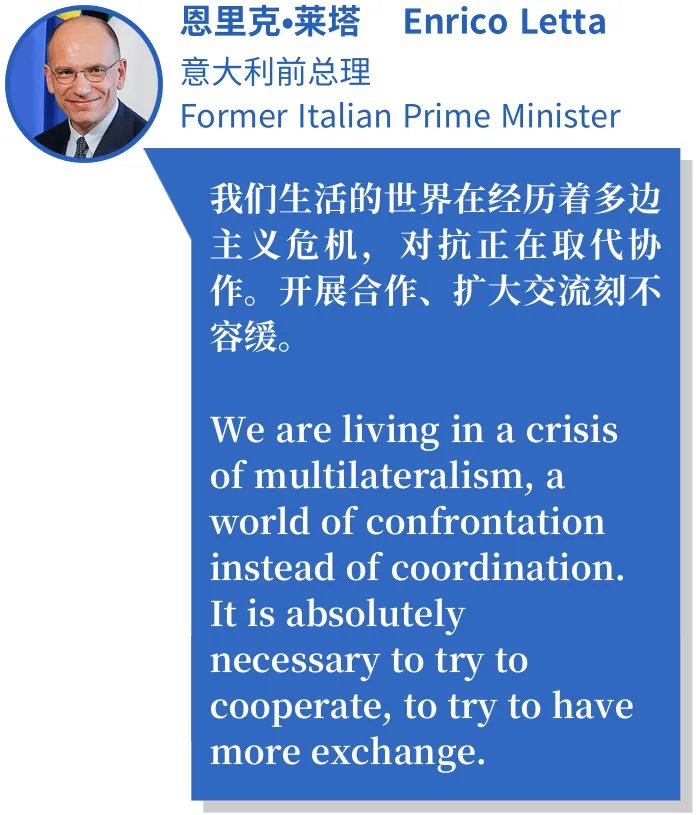This year is the 70th anniversary of the Five Principles of Peaceful Coexistence. Chinese Premier Zhou Enlai met with a visiting Indian delegation on December 31, 1953, where he put forward five principles governing peaceful coexistence between states, namely, mutual respect for each other's sovereignty and territorial integrity, mutual non-aggression, non-interference in each other's internal affairs, equality and mutual benefit, and peaceful coexistence. The principles became part of an international treaty for the first time when they were incorporated into the Agreement Between the People's Republic of China and the Republic of India on Trade and Intercourse Between Tibet Region of China and India, which was signed on April 29, 1954.
Although born in Asia, the Five Principles of Peaceful Coexistence transcend differences in social system and ideology. They have become basic norms governing international relations and fundamental principles of international law, contributing the wisdom of the East to properly handling state-to-state relations. Seventy years later, the Five Principles of Peaceful Coexistence are not outdated. They are even more relevant and vibrant than ever.
President Xi Jinping has, on many occasions, underscored the importance of building a better world through win-win cooperation. Xi is also general secretary of the Communist Party of China (CPC) Central Committee and chairman of the Central Military Commission. Edited excerpts of his speeches on this topic since 2020 follow:
Excerpt from Xi's speech at the 12th BRICS Summit on November 17, 2020Excerpt from Xi's keynote speech at the opening ceremony of the Boao Forum for Asia Annual Conference on April 21, 2022Excerpt from Xi's special address at the World Economic Forum Virtual Event of the Davos Agenda on January 25, 2021Excerpt from Xi's special address at the World Economic Forum Virtual Event of the Davos Agenda on January 25, 2021Excerpt from Xi's special address at the World Economic Forum Virtual Event of the Davos Agenda on January 25, 2021Sources: Xi Jinping: The Governance of China (IV), Beijing Review
